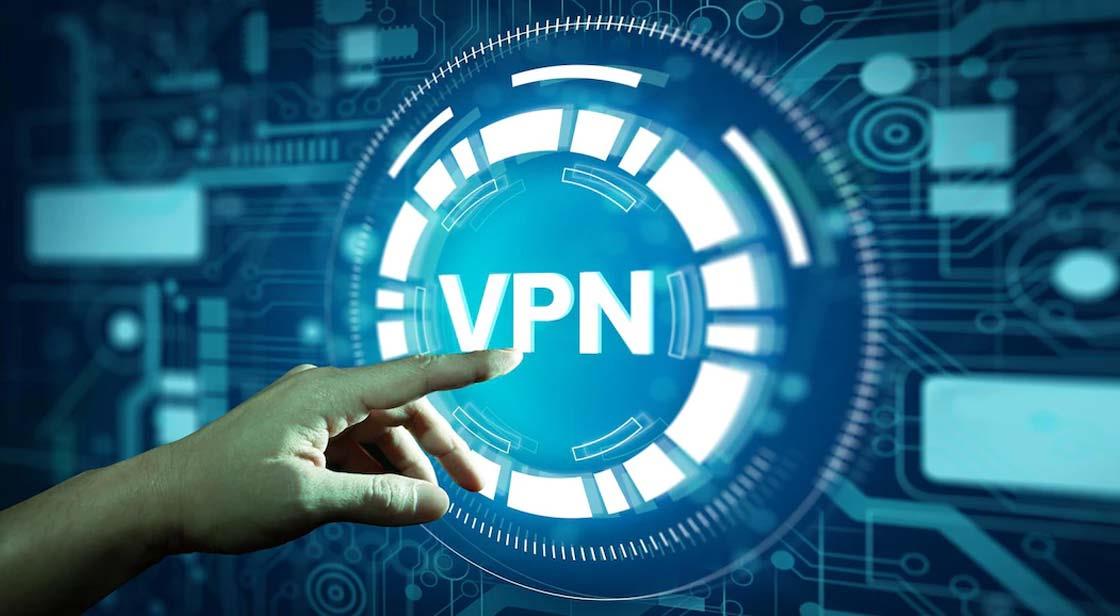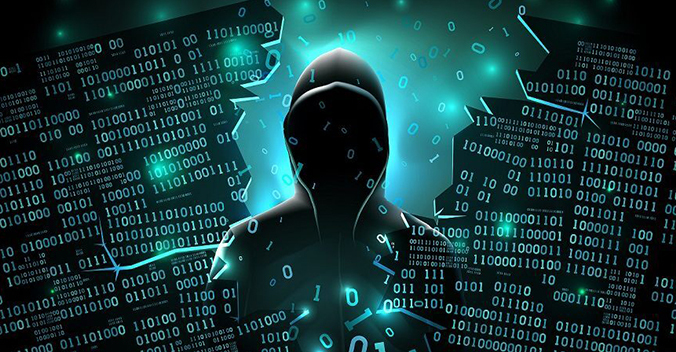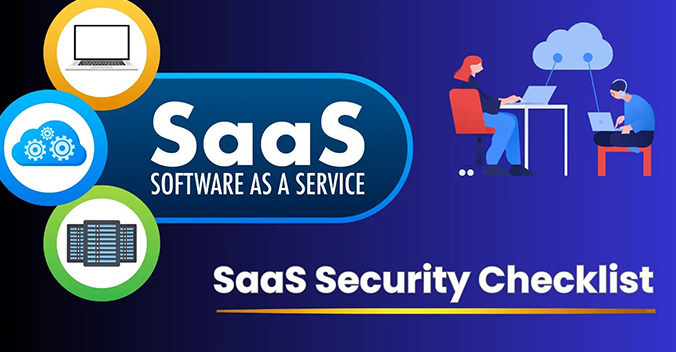VPN stands for “Virtual Private Network,” and when used correctly, it typically provides a service for safe internet surfing.
It's hard to spend an hour or two on YouTube without seeing ads or paid promotions for VPN subscription services like NordVPN, Express VPN, TTB VPN, and Surfshark. Companies offering these services typically explain that VPNs are a great way to browse the Internet securely and privately. You can also use it to watch geo-restricted content, bypass Chinese censorship, and explore the internet without revealing your IP address. In some cases, VPNs may even claim to help protect your data.
However, in reality, VPNs are only useful in very specific use cases. A VPN is like a tunnel that connects two locations. Originally designed to connect telecommuters to their office networks, or to connect multiple offices to the same network, VPN use cases have changed in recent years. Many people are now using this to surf the Internet through this encrypted tunnel. This is because they believe it is a way to avoid surveillance.
In an increasingly digital world, where privacy and security are of utmost concern, Virtual Private Networks (VPNs) have emerged as essential tools for internet users.
What is a VPN?
A VPN, or Virtual Private Network, is like your personal invisibility cloak on the internet. It creates a secure connection between your device and the websites or services you visit, making it difficult for anyone to snoop on your online activities.
How does a VPN work?
Imagine your internet connection as a direct route from your device to the websites you visit. A VPN adds an extra layer of protection by diverting your internet traffic through an encrypted tunnel, hiding your true location, and making it virtually impossible for others to intercept your data. It's like taking a secret detour to ensure your privacy online.
Types of VPNs
Remote Access VPN
Additionally, Remote Access VPNs allow employees to securely connect to their company's private network from outside locations. It's like having a VIP pass that lets you access your work files and resources even when you're sipping margaritas by the beach.
Site-to-Site VPN
Site-to-site VPNs are like digital bridges that connect multiple office locations of a business. They enable seamless communication and sharing of data between different sites, making it feel like everyone is in the same room, even if they're miles apart.
Mobile VPN
Mobile VPNs are designed for people who are always on the go and can't resist the urge to check their emails or stream cat videos wherever they are. They ensure that your internet connection remains secure and private, whether you're connected to public Wi-Fi at a coffee shop or traveling on a train.
Primary reasons to use VPNs
Secure Data Transmission
Generally, sending sensitive information over the internet without a VPN is like shouting your credit card details in a crowded room. A VPN encrypts your data, transforming it into an unreadable jumble of characters so that even if someone manages to intercept it, they won't have a clue what you're saying.
Protecting Personal Information
Your personal information is like a treasure chest for cybercriminals. A VPN helps keep that treasure chest hidden away by masking your IP address and making it difficult for anyone to track your online activities or steal your valuable data. It's like having a secret vault that only you can access.
Bypassing Geo-restrictions
Ever tried to access a website or watch a video, only to be greeted by a frustrating message saying "Sorry, this content is not available in your country"? With a VPN, you can say goodbye to those restrictions. By connecting to a server in a different location, you can fool websites and streaming services into thinking you're somewhere else, and voila! The world becomes your oyster.
Encrypting Internet Traffic
However, encrypting your internet traffic with a VPN is like sending it in an indecipherable secret code. It adds an extra layer of protection, ensuring that your private conversations and valuable data stay safe from prying eyes. It's the digital equivalent of talking in whispers in a crowded room.
Masking IP Address
Your IP address is like your online fingerprint, revealing your location and identity. But with a VPN, you can put on a virtual mask and hide your true IP address. Instead, websites and services will see the IP address of the VPN server, making it difficult for them to trace your online activities back to you.
Preventing Tracking and Monitoring
Do you know those online creepers who follow your every move and serve you creepy personalized ads? A VPN can be your superhero sidekick in defeating them. By encrypting your internet traffic and masking your IP address, a VPN makes it harder for advertisers, government agencies, or nosy hackers to track and monitor your online behavior. You can finally browse the web without feeling like you're being watched.
Can a VPN make you completely anonymous?
While a VPN (Virtual Private Network) can enhance online privacy and security, it cannot guarantee complete anonymity. A VPN encrypts your internet connection, masking your IP address and making it more difficult for others to track your online activities. However, it is important to remember that VPN providers can still collect data about your browsing habits, and certain techniques can still be used to identify users even when using a VPN.
Final Thoughts
While a VPN provides several benefits in terms of online privacy and security, it is not a foolproof solution for complete anonymity. Likewise, understanding its limitations and being aware of potential issues can help you make informed decisions about VPN usage. By selecting a reputable VPN provider, practicing safe online habits, and staying informed about privacy laws, you can maximize the benefits of using a VPN while protecting your online identity.



